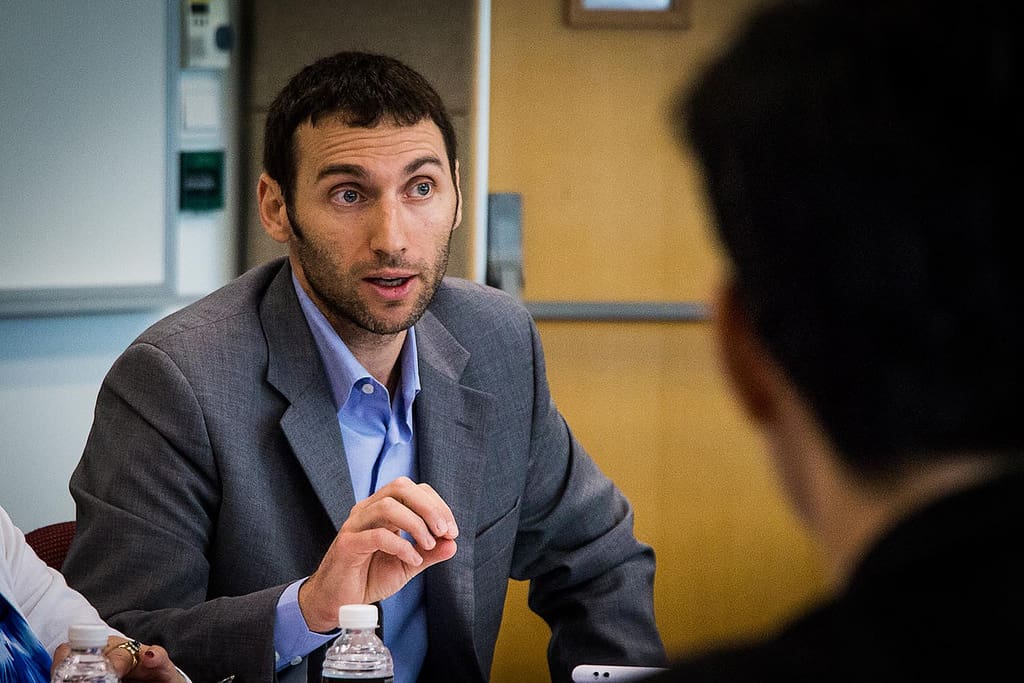Legal representation is expensive. Lawyers are highly-trained professionals, and those of limited financial means may not be able to hire a professional attorney to represent them in courts, or during negotiations.
This is why the system of legal aid has become so common in America. Legal aid allows non-profit legal companies and independent lawyers to help those in need, and aid them in understanding the law, their rights, and legal actions they can take in both civil and criminal cases.
In this article, we will explore the basics about legal aid, how it works, how it’s funded, and what you can expect when you seek legal aid. Let’s begin.
What’s The Difference Between Criminal Legal And And Civil Legal Aid?
There are two types of legal aid. Criminal legal aid and civil legal aid.
The biggest difference between these two types of legal aid is that every American citizen is guaranteed to get criminal legal aid at no cost, if they are unable to pay for their own lawyer. This is due to a Supreme Court hearing, which ruled that all Americans accused of criminal offenses were entitled to representation and due process.
Usually, public defenders are assigned to help Americans accused of crimes defend themselves in courts of law, enter pleas, and perform other legal actions.
However, civil legal aid is not a guaranteed right. There is no provision in place that mandates that Americans are entitled to a lawyer in non-criminal (civil) cases. Because of this, in most cases, when people say the term “legal aid”, they are referring to civil legal aid.
How Is Legal Aid Funded In The United States?
Legal aid is funded in the United States primarily by the Legal Services Corporation (LSC), a government non-profit established by Congress in 1974, which was intended to aid Americans of low income in obtaining civil legal counsel. In 2015, the organization had a budget of $375 million, which was distributed throughout more than 134 partnering legal aid programs.
What Are My Options For Legal Aid In My Area?
There are several different ways that you can seek legal aid, if you cannot hire a lawyer or afford legal representation on your own for a civil case, such as an eviction, or a case for small claims court.
● Nonprofit legal aid firms – There are hundreds of nonprofit legal aid firms in the country, funded by the LSC. You will likely qualify for legal aid from these firms if you are “needy”, and fall below a certain income threshold.
● Pro bono lawyers – Some private attorneys and firms take on some cases on a “pro bono” basis, as a way to serve the public good, and enhance the status of their firm in the community.
● Legal clinics – Legal clinics are run at most major law schools. In these clinics, law students work with professors to examine client cases, and provide free legal aid to needy individuals.
If you are in need of legal aid in your city, a good place to start is to visit the LSC website, and enter your address to find nearby legal aid firms. You can also inquire about legal clinics at local law schools.
Do I Qualify For Free Legal Aid?
This depends on a number of different factors, such as your household income, your status as a disabled person or a disabled veteran, your immigration status, any other financial assistance you may be receiving from government organizations, and more.
Typically, you will be able to ask a legal aid firm about your qualifications for legal aid, and they will ensure that you are eligible before they begin helping you with your case.
Know Your Options And Your Rights – Get Legal Aid Today!
Often, it is not easy to get legal representation if you cannot afford to hire a private lawyer. But, if you make use of these resources, you may be eligible for free civil legal aid and representation. So find a legal aid clinic or office near you, and get the help you need today.

